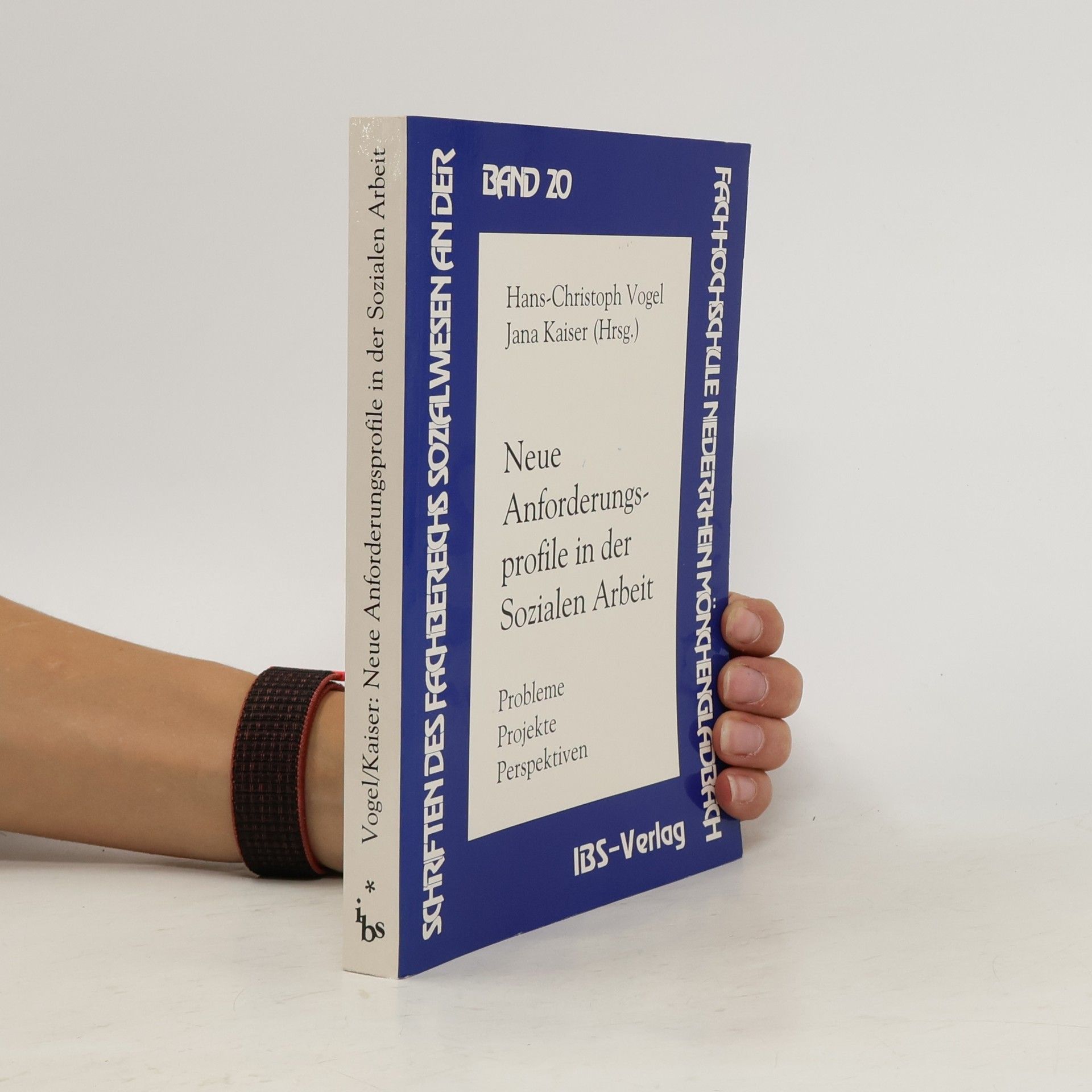Conflict Minerals, Inc.
- 224 pages
- 8 hours of reading
In the twenty-first century, the relationship between violent conflict and natural resources has become a matter of intense public and academic debate. As a result of fervent activism and international campaigning, the flagship case of 'conflict minerals' has captured global attention. This term groups together the artisanal tin, tantalum (coltan), tungsten and gold originating from war zones in Central Africa. Known as 'digital minerals' for their use in high-end technology, their exploitation and trade has been singled out in numerous media and United Nations reports as a key driver of violence, provoking an unprecedented popular outcry and prompting transnational efforts to promote 'conflict-free', ethical mining. Focusing on the eastern Democratic Republic of the Congo, Conflict Minerals, Inc. is the first comprehensive analysis of this phenomenon. Based on meticulous investigation and long-term fieldwork, this book analyses why the campaign against 'unethical' mining went awry, and radically disrupted eastern Congo's political economy. It dissects the evolution of the conflict minerals paradigm, the policy responses it triggered and their impact on artisanal miners. Vogel demonstrates how Western advocacy and policy have relied on colonial frames to drive change, and how White Saviourism perpetuates structural violence and inequality across global supply and value chains.


